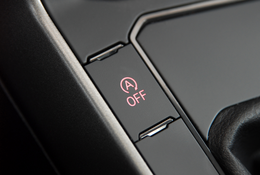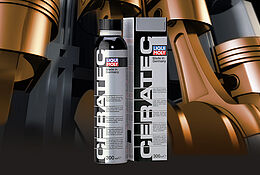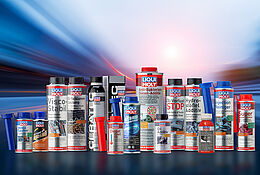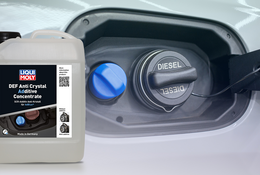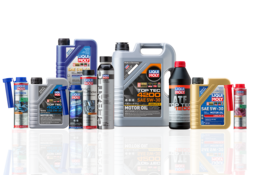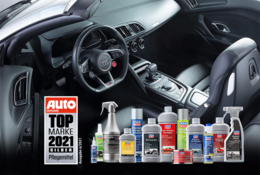Avoid Low Speed Pre-Ignition (LSPI)

What is LSPI?
The term “Low Speed Pre Ignition” (LSPI) refers to the pre-ignition phenomenon in the engine. It describes an undesired combustion before the planned ignition. The premature explosion in the combustion chamber counteracts the natural piston movement. This can lead to engine knocking and thus to serious, irreparable engine damage.
In many cases, LSPI is noticeable in the form of minor explosions, which lead to jerking in the engine before major engine damage and damage such as a broken cylinder head gasket, worn piston rings or a defective connecting rod bearing shell.
How is LSPI created?
The problem of premature ignition at low engine speeds only exists in modern, high-compression engines with direct injection, which operate in the low engine speed range and under high load. The reason for this is the functional design of these engines, which are designed for maximum power output in such a way that combustion inside the engine must take place faster and hotter than with conventional engines. As a result, the fuel only evaporates for a short time, which causes the risk of droplet formation, which can lead to unclean or incomplete combustion due to afterglow.
Driving at low revs and a cold engine promotes this pre-ignition. However, using the wrong motor oil can also lead to LSPI. This is because engines with direct injection require low-viscosity oils. These enter the combustion chamber more easily to form the explosive mixture for the required faster and hotter combustion processes. Due to the short time window of an explosion, this process must work smoothly and without complications to prevent extraordinary explosions.
How to avoid LSPI
If possible, avoid driving at low revs when cold. In addition, you should use special motor oils that prevent pre-ignition. To prevent LSPI, our specially designed motor oils from the Special Tec AA range and the Special Tec DX1 have been developed. As of the API SN Plus+RC specification, these are subjected to an additional LSPI test.
The Special Tec AA motor oils are most suitable for modern Asian and American gasoline engines. They are particularly suited to long oil change intervals and high engine demands.
- Reduction of Low Speed Pre-Ignition (LSPI)
- Extends the service life of the engine
- Outstanding engine cleanliness
- Optimum wear protection
- Saves fuel and reduces pollutant emissions
- Optimum aging stability

